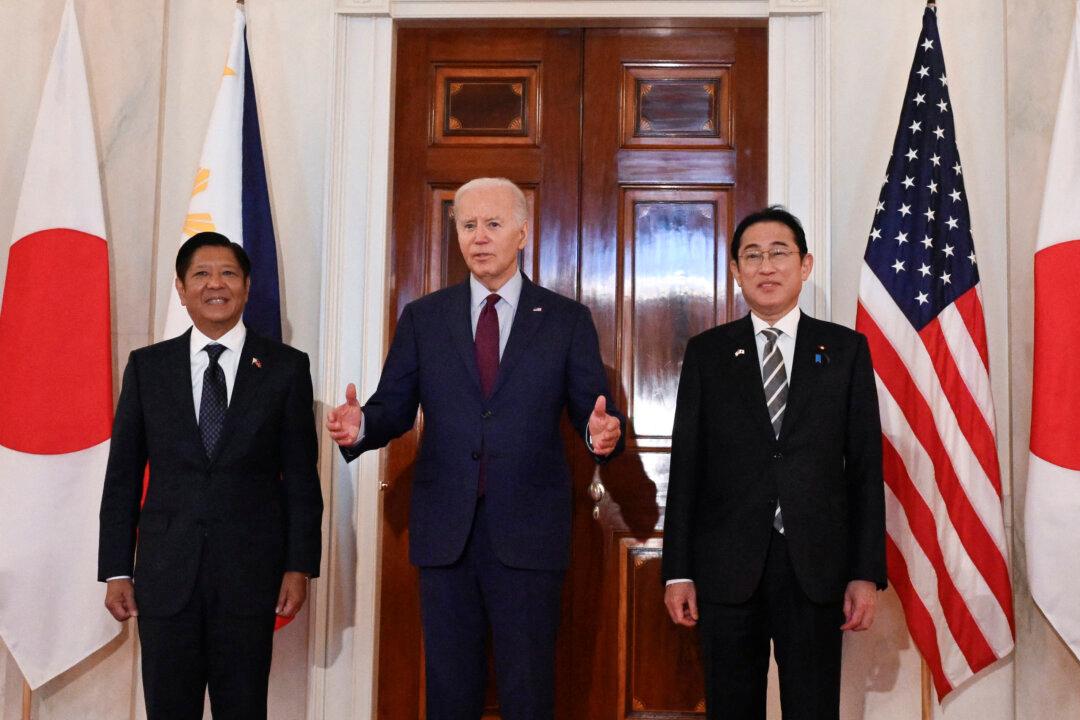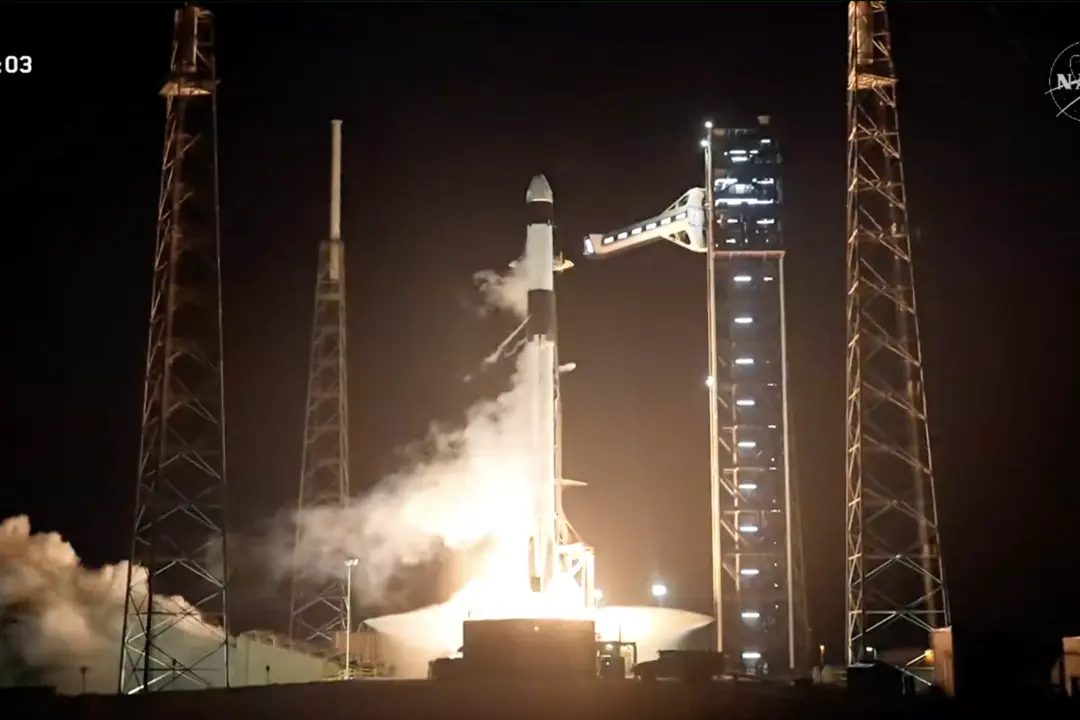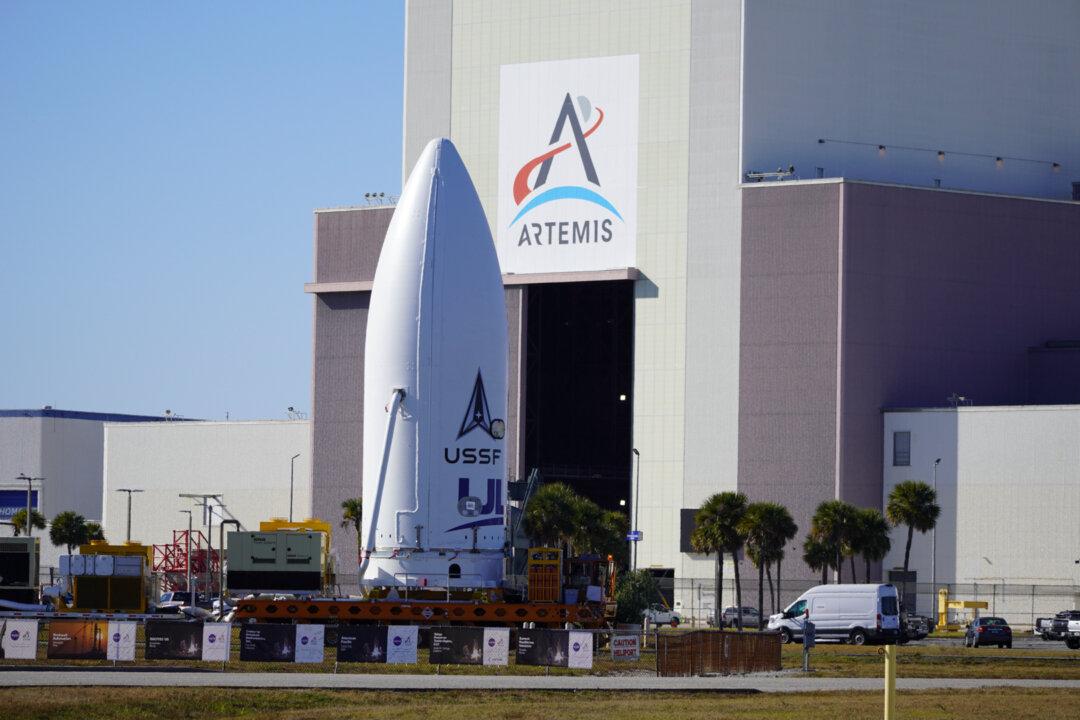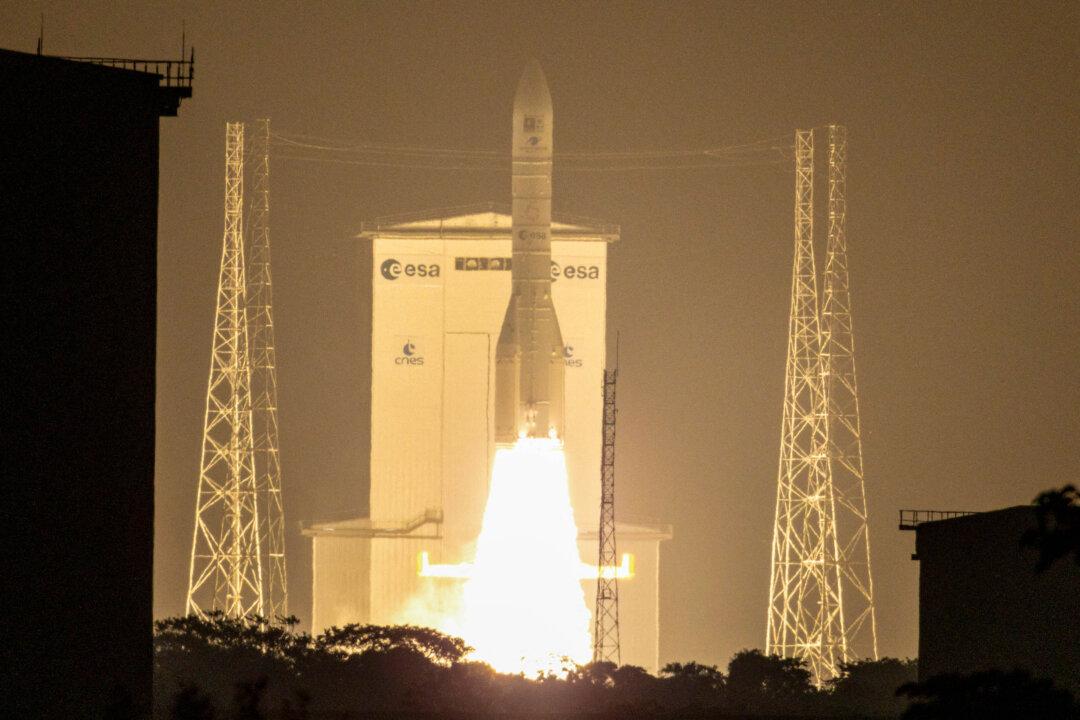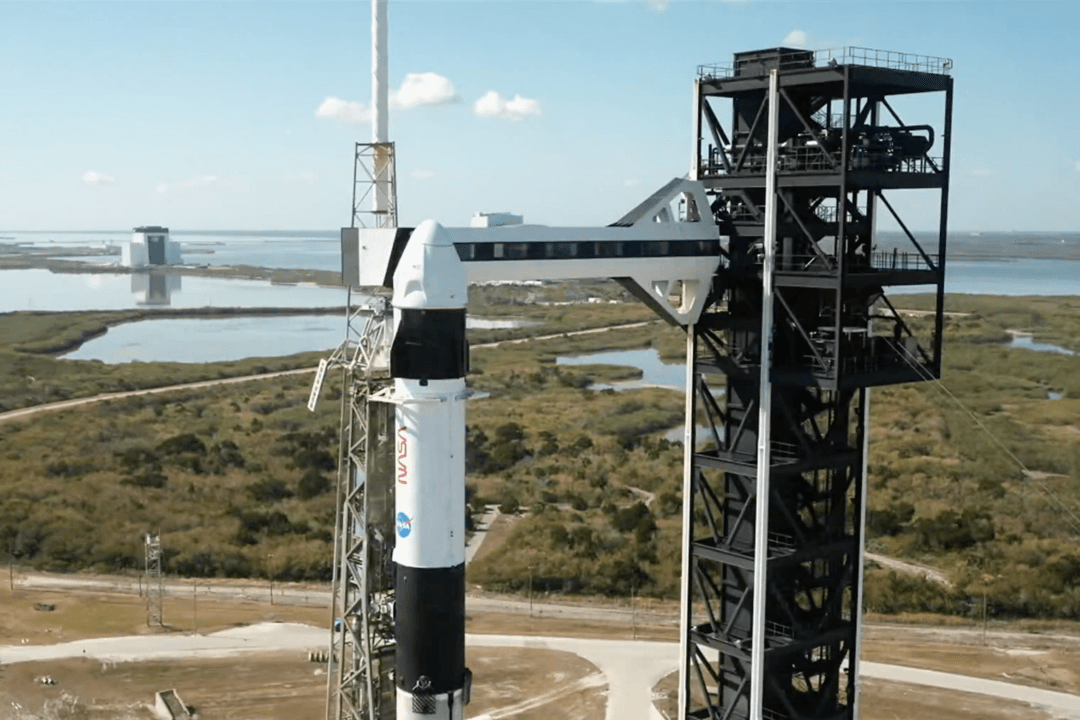WASHINGTON—President Joe Biden on April 11 hosted the first-ever trilateral summit meeting between Philippine President Ferdinand Marcos Jr. and Japanese Prime Minister Fumio Kishida at the White House.
The primary goal of the summit was to strengthen defense ties between the United States, Japan, and the Philippines in the face of China’s more aggressive behavior in the Indo-Pacific.
